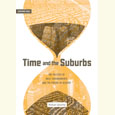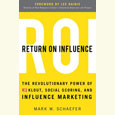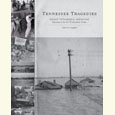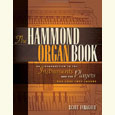Time and the Suburbs: The Politics of Built Environments and the Future of Dissent
“The book is beautifully written and tightly edited. It is the kind of intervention one sees more often in the French public debate than in our academically over determined Anglo-American publishing world. It is also meaningfully illustrated by Quinby’s own photographs that explore the post metropolitan ecologies on their own terms.”
— Roger Keil, York University





